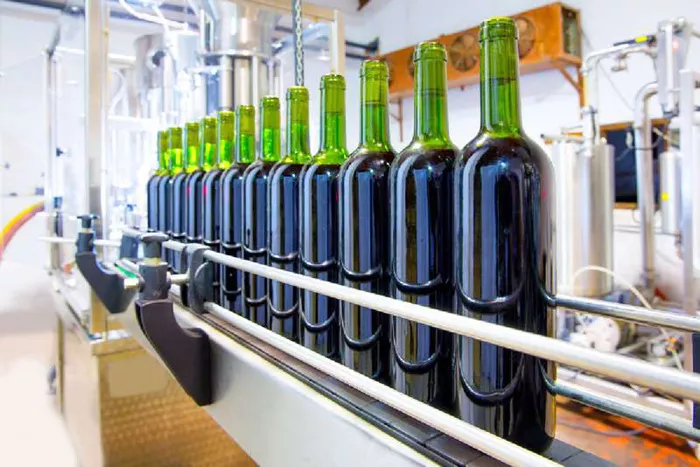For the first time in its history, the University of California, Davis is offering wines crafted by students, staff, and faculty to the public. These wines are produced from grapes grown both on campus in Yolo County and at the prestigious Oakville Station vineyard in Napa Valley.
The initiative, branded as Hilgard631, has been in development for over a decade and was enabled by a 2021 state law permitting the transfer of up to 20,000 gallons of wines made by the Department of Viticulture and Enology to a nonprofit organization responsible for public sales. For this inaugural release, approximately 500 gallons of wine were bottled.
Proceeds from wine sales will fund student scholarships, while the program promotes sustainability by utilizing grapes and wines produced as part of the department’s educational activities. Previously, student-made wines—often crafted during a 10-week winemaking course—were discarded.
“These wines represent our students, their knowledge, creativity, and learning,” stated Ben Montpetit, chair of the Department of Viticulture and Enology. “From vine to bottle, our students are involved in every step.”
The Hilgard631 label honors Eugene Hilgard, the founding director of UC Davis’s Agricultural Experiment Station, and the number 631, referencing the address of the campus Teaching and Research Winery.
Among the offerings are a 2020 Cabernet Sauvignon and a 2024 Sauvignon Blanc, both sourced from grapes grown at Oakville Station, a key research and teaching vineyard in Napa County.
In addition, twelve other wines created by students enrolled in VEN 127L, a product development course, will be available. These include varietals such as Albariño, Chardonnay, Cabernet Sauvignon, and Petite Sirah.
VEN 127L traditionally focuses on blending, wine stabilization, bottling, and label design. With this launch, the curriculum has expanded to include considerations of marketing and sales, according to Professor David Block, who established the course in 2017.
“The wines are made by students who are still learning and experimenting with new techniques,” Block explained. “This is a new aspect of the program and a far more sustainable alternative to pouring the wine down the drain.”
Student winemakers work in teams to develop red and white wines, receiving guidance from professional consultants and department alumni throughout the process.
“It’s absolutely fascinating,” said Leticia Chacón-Rodríguez, winemaker and winery manager. “Students integrate knowledge from chemistry, regulations, marketing, and blending—the sensory aspect of blending is especially immersive.”
Students also design their own labels. Master’s candidate Bainian Chen created the vibrant Oakville Station labels, featuring colorful designs inspired by campus landmarks such as the water tower and bicycle racks.
“I wanted to leave something memorable for the Viticulture and Enology department,” Chen remarked.
The bottling process involves hands-on participation from students, who operate a commercial mobile bottling line housed in a trailer behind the winery.
“To see the wine bottled is truly coming full circle for all of us,” said master’s student Megan Hill.
Professor Block echoed this sentiment: “I want to buy the very first bottle.”
Prices for student-labeled wines will range from $30 to $40 per bottle, while Oakville Station wines will be priced between $50 and $125. The winery is fully bonded and complies with federal regulations for commercial wine sales.
You Might Be Interested In:


